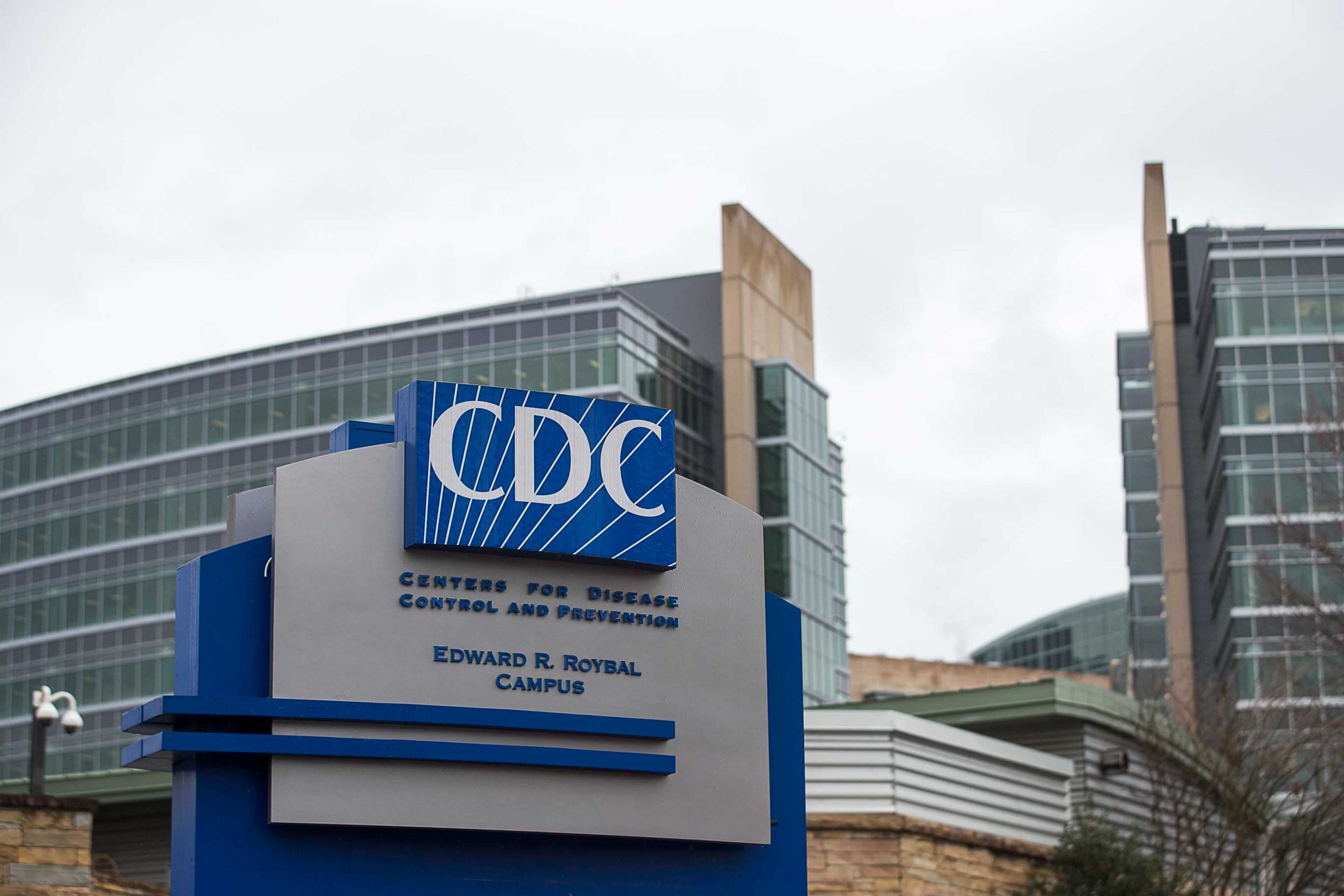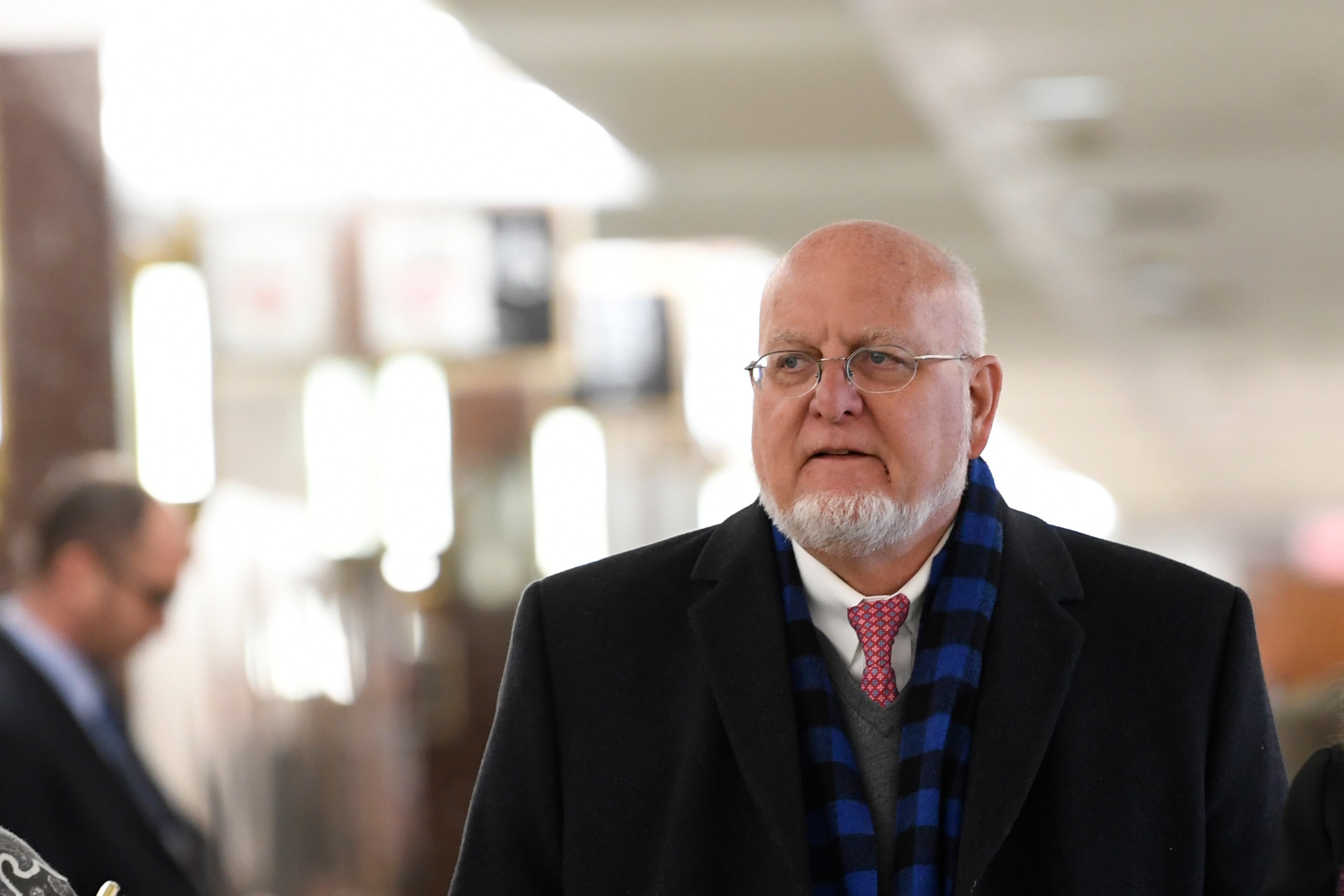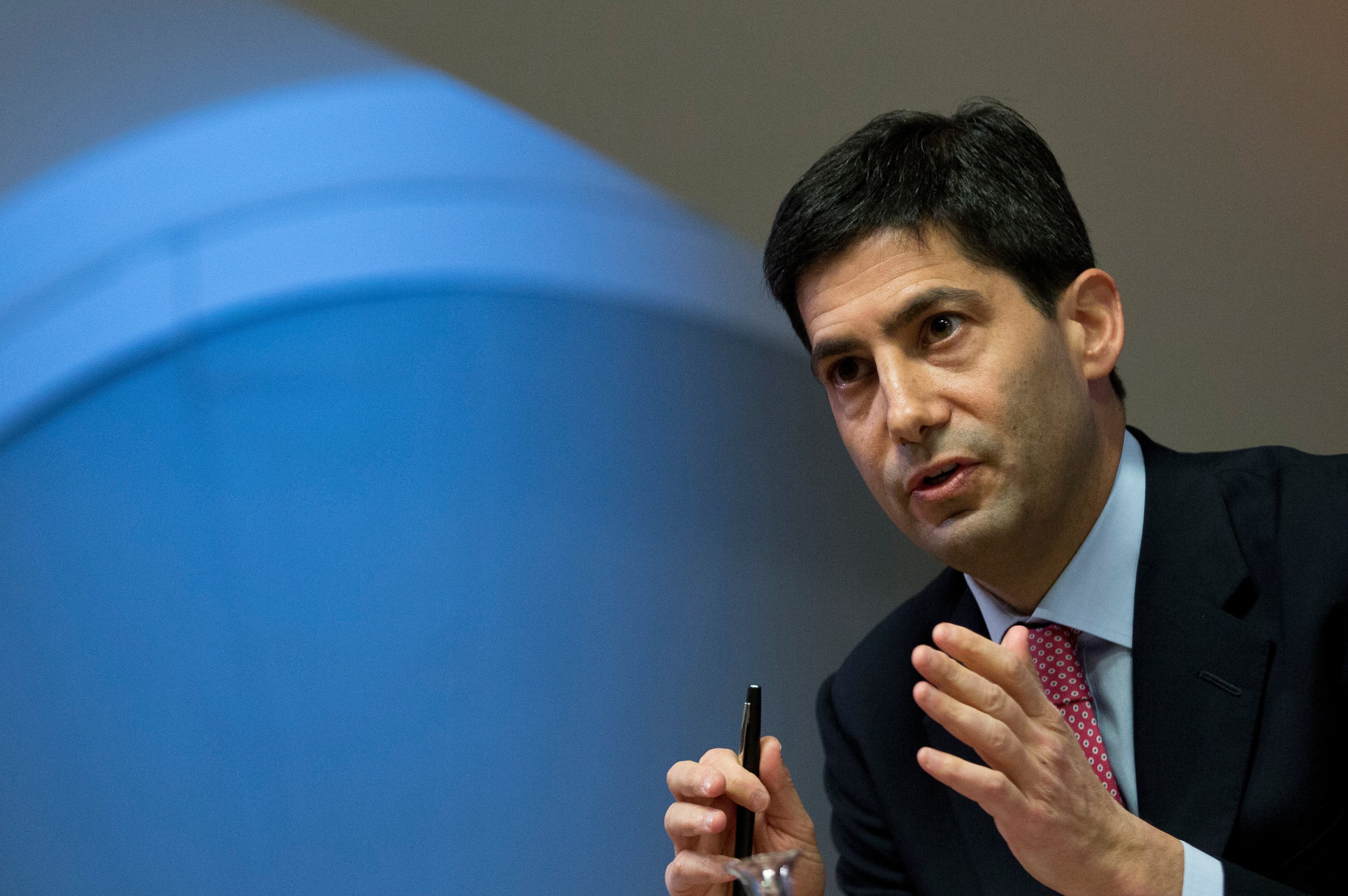Medical journal blasts White House for ‘hobbling’ CDC

A prominent medical journal has published a blistering editorial accusing the Trump White House of sidelining the CDC when the nation needs it most.
The piece, posted on The Lancet's website Friday, accused the administration of reducing the country's premier disease-fighting agency into "an ineffective and nominal adviser in the response to contain the spread of the virus.
“The Administration is obsessed with magic bullets — vaccines, new medicines, or a hope that the virus will simply disappear,” the journal said. “But only a steadfast reliance on basic public health principles, like test, trace, and isolate, will see the emergency brought to an end, and this requires an effective national public health agency.”
The editorial was the latest call from the scientific community for the Atlanta-based Centers for Disease Control and Prevention to return to a lead role in combating the worst pandemic in generations. The Lancet is an international peer-reviewed journal, founded in 1823 and based in United Kingdom, which often takes political stances. Its editor-in-chief, Richard Horton, has served on boards and advisory groups for the World Health Organization, which President Trump has moved to defund.
“Americans must put a president in the White House come January, 2021, who will understand that public health should not be guided by partisan politics,” The Lancet said.
The White House disputes that it has muzzled the CDC, calling the agency a key player in expanding nationwide contact tracing.
» COMPLETE COVERAGE: Dental offices reopen but struggle to meet CDC guidance
» MORE: State's latest data mishap causes critics to cry foul

A spokesman for the CDC on Friday pointed to factual inaccuracies in some parts of the editorial and denied the agency has been sidelined — what with Director Robert Redfield having a seat on the White House task force, hundreds of pages of guidance documents published on the CDC’s website, and its experts working daily with state health departments, hospitals and private businesses.
“Nothing could be further from the truth,” said the spokesman, who declined to be named because he wasn’t authorized to speak to the media. “While we may not have had a forward-facing presence with the news media, that doesn’t mean that we have taken a back seat to leading the public health response to this unprecedented pandemic.”
Usually offering a voice of scientific reality during disease outbreaks, the CDC hasn’t held its own news conference since early March. Its leaders receded from the national stage shortly after Dr. Nancy Messonnier, head of the CDC’s immunization and respiratory diseases center, said publicly in late February that the U.S. would see community spread of the virus. “It’s not so much a question of if this will happen anymore,” she said, “but rather more a question of exactly when this will happen and how many people in this country will have severe illness.”
Stocks subsequently plunged, and Vice President Mike Pence, head of the president’s coronavirus task force, took control of clearing all coronavirus messaging from the CDC.
In recent weeks, former CDC officials and other members of the scientific community also have accused the Trump administration of hobbling the agency. Epidemiologist Bruce Weniger, who retired from the CDC in 2010 and is now an adjunct associate professor in Emory University's Rollins School of Public Health, co-authored a critical Medium.com article this month called "Straight Talk from ex-CDC for the Long Slog Ahead."
“The political leaders in the White House fear that if the economy is doing as poorly as everyone projects it will be, they won’t get reelected,” Dr. Weniger told The Atlanta Journal-Constitution. “I’m not an expert in politics or economics, but basically to any thinking person who’s watching what’s going on — they’re making promises about the epidemic that clearly by November will be unfulfilled.”
In a recent interview with the AJC, former CDC Director Jeffrey Koplan said the agency has always played a front and center role in major health crises, but this time is different, and he said it’s clearly being driven by partisan politics and “non-scientific optimism.”
“These folks are incredible resources for the nation — to have some of the world’s best scientists in respiratory infections on a senior leadership team,” said Koplan, who served as director from 1998 to 2002 and is now vice president for Global Health at Emory University. “It would certainly bolster my confidence to see them and hear them on a frequent basis explaining what’s happening, what needs to be done, and what do they foresee in the immediate and coming future.”

The Lancet pointed to several recent episodes as eroding the CDC’s influence.
It noted that the agency’s guidelines for reopening schools, restaurants and other businesses were reportedly rejected by the White House, then edited before being released on Thursday. It also cited a comment attributed to Dr. Deborah Birx, the president’s coronavirus task force response coordinator, quoted by The Washington Post as telling the agency’s director, “There is nothing from the CDC that I can trust.”
But the CDC spokesman said Birx was referring to states’ antiquated data-collection methods, not the CDC as an institution. He also said The Lancet erroneously reported that the CDC pulled all its staff out of China last year, when in fact it still has about a dozen employees in its office there. And the editorial suggested the CDC was conducting all virus testing on its own when some of its kits were found to be faulty, when it was state labs that had problems with tests that the CDC had to correct, the spokesman said.
The Lancet said the administration has held such mistakes against the CDC, “but punishing the agency by marginalizing and hobbling it is not the solution.”


